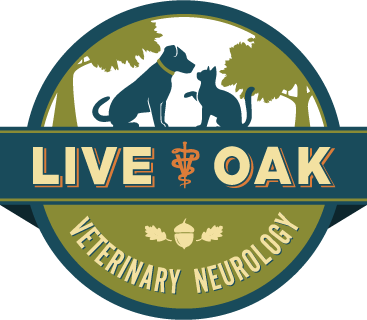There are a few Veterinary Neurologists that only treat conditions requiring medical management, but the vast majority of us now also perform neurosurgery. In veterinary medicine, there is no such thing as a 'Board-Certified Veterinary Neurosurgeon'. Which is why some primary care veterinarians and some Veterinary Surgeons perform limited neurosurgical procedures.
My residency at UC Davis was in Neurology and Neurosurgery and I was part of the charter group to gain the Advanced Training in Veterinary Neurosurgery Certificate. I am also a member of the Veterinary Neurosurgical Society. And, most recently, I attended a certification course to be one of a small group of veterinarians, world-wide, that are able to provide disc-replacement surgery for dogs.
So, as you can see, I have a very strong interest in neurosurgery! I've done all that I can to make sure that LOVN is able to offer the very best cutting-edge neurosurgical techniques. I've also got the experience and the amazing staff to be able to offer the very best in neurosurgical outcomes.
In fact, we've recently acquired a new device that will enhance our neurosurgical capabilities even farther! It's called a Cavitronic Ultrasonic Surgical Aspirator (CUSA) and it's awesome! That's going to be a blog post all on it's own!

